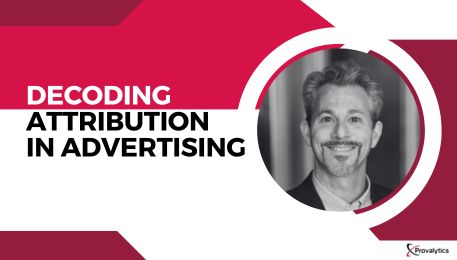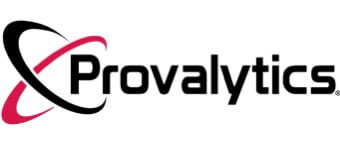Decoding Attribution in Advertising
In the ever-evolving landscape of marketing attribution, navigating the past, present, and future becomes a complex journey, akin to a religious conversion or, as some might argue, a seismic shift in mindset. Attribution, once a meticulous practice of tracking every click and impression, has undergone transformative phases, each presenting unique challenges.
🚀 Yes, I Want The 2024 Playbook!
In the nascent days of digital marketing, circa 2006-2008, the focus was on collecting every data point, and building a comprehensive path to purchase. This deterministic approach seemed straightforward, utilizing machine learning to optimize ad spend based on the historical click-to-conversion journey. However, the landscape shifted with giants like Facebook and YouTube disrupting the attribution game by limiting data access, while the iOS ecosystem abandoned cookies.
The impending demise of third-party cookies, slated for Q3 of this year, marks a pivotal moment. Once, attribution meant a meticulous record of impressions and clicks, but now, it leans heavily towards clicks alone. A philosophical divide emerges, questioning the essence of marketing – is it solely about buying clicks or, as argued, about purchasing impressions and building awareness?
The podcast delves into the issue of oversimplification, focusing on clicks as the holy grail of attribution. A revelation surfaces that not all clicks lead to purchases, with accidental clicks and a myopic focus on bottom-funnel activities hampering advertising effectiveness. The narrative shifts to the impending challenges post third-party cookie extinction, where decision-making will rely on a mere 20-30% of click-based data, potentially jeopardizing brand-building efforts.

The conversation broadens, highlighting the current industry predicament. The CFO’s preference for click-based attribution might suit immediate interests, but the long-term impact on brand and job security is questionable. The article pivots to discuss barriers, emphasizing the need for a holistic view beyond clicks and the challenge of overcoming ingrained mindsets within organizations.
Attribution, once perceived as a straightforward tracking tool, is now compared to a religion within organizations. Greenfield draws parallels between the transformative process of changing attribution methodologies and adopting a new religion. Acknowledging the historical evolution, he emphasizes that attribution initially revolved around meticulously collecting every click and impression, providing a clear path to conversion. However, recent developments, such as the phasing out of third-party cookies and the rise of privacy concerns, have disrupted the traditional attribution model.
Greenfield highlights pivotal moments in attribution history, such as Facebook’s decision to disallow attribution tags, followed by YouTube’s similar move and the challenges posed by iOS privacy measures. The impending demise of third-party cookies further complicates attribution, leaving marketers with only click-based data, potentially leading to skewed decision-making.
A key concern Greenfield addresses is the common misconception that clicks directly translate to purchases. He underscores the importance of understanding the broader impact of advertising, focusing not only on clicks but also on impressions and building brand awareness. As the industry moves toward a click-centric attribution model, Greenfield warns against the potential pitfalls of neglecting the crucial role of impressions and brand building.
The podcast delves into attribution barriers, emphasizing the need for a philosophical shift in marketers’ mindsets. Greenfield discusses the limitations of the current click-focused approach, urging marketers to broaden their perspective and embrace a holistic attribution model. He shares anecdotes of successful transformations where organizations unlocked hidden values in upper-funnel channels by adopting advanced attribution methodologies.
In conclusion, Greenfield emphasizes the urgency for marketers to adapt to the evolving attribution landscape. He introduces the concept of “getting attribution certified” through a comprehensive course offered by probotics, providing marketers with the knowledge and tools to navigate the complexities of attribution in the cookie-less era. As attribution becomes a focal point of discussions at the C-level, Greenfield encourages marketers to seize the opportunity for change and leverage it to make a lasting impact on their organizations.

